After sharing countless Cortado breaks in Soho in the past, we spontaneously decided to transfer our regular afternoon meetings to Martin’s apartment in Williamsburg. We started off by chatting about his Columbian roots, his short but influential time in Boston and finally about his current homebase New York where he recounts his past professional stops.
While reminiscing over some important turning points Martin also shares his deep appreciation towards his mentors and friends. Even though he learned to appreciate and acquire his experience while working for Freemans Sporting Club he actually never made a concious decision about working in fashion industry – it just happened naturally.
On that unusually sunny November day we chilled out at his living room couch before crossing over to Manhatten with the East River ferry ending the day in the bustling Garment District. This is where Martin invited us to take a peek behind the scenes of his passion project FairEnds.
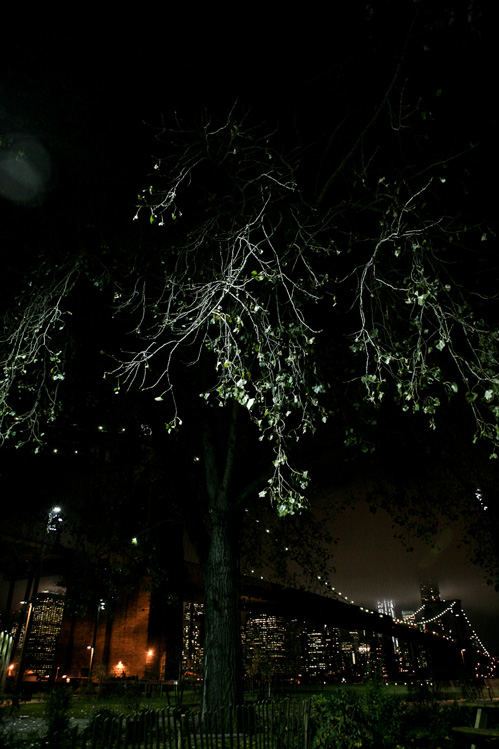
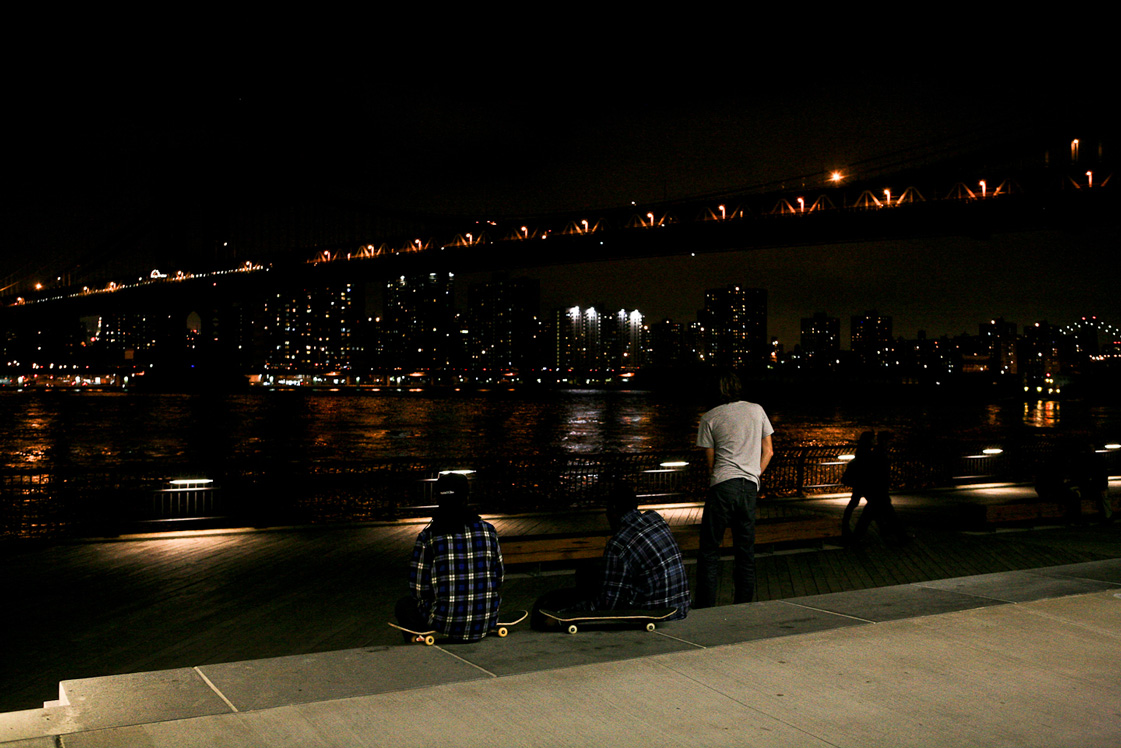
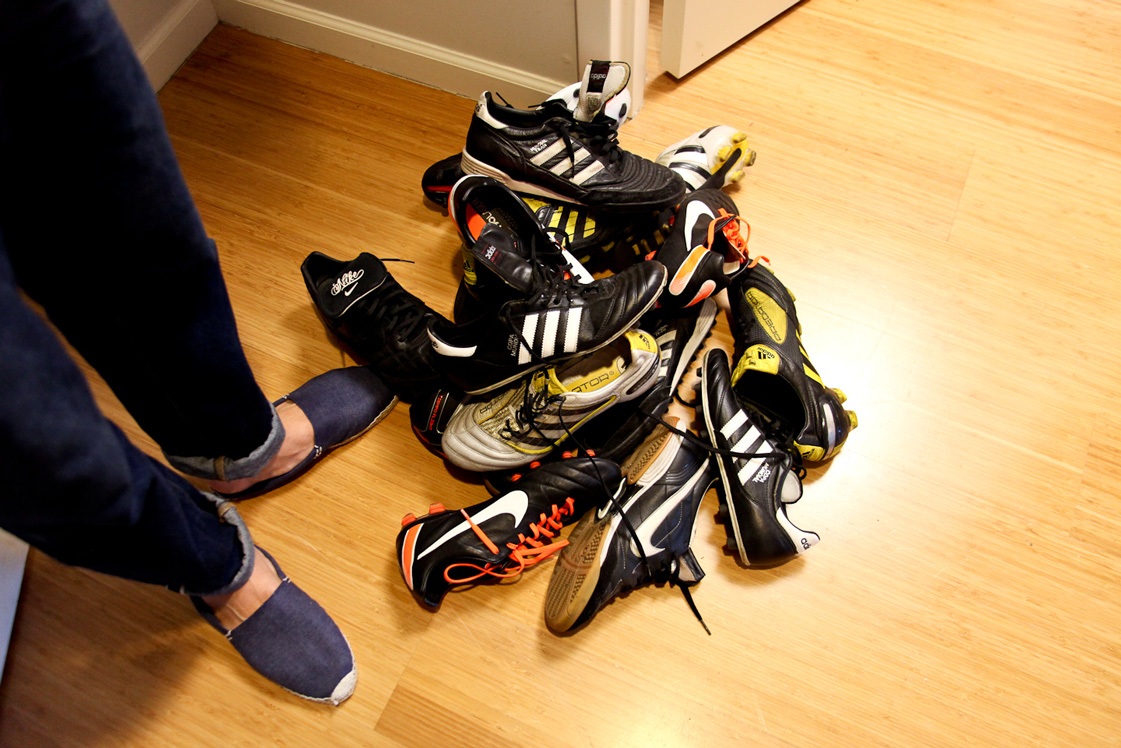
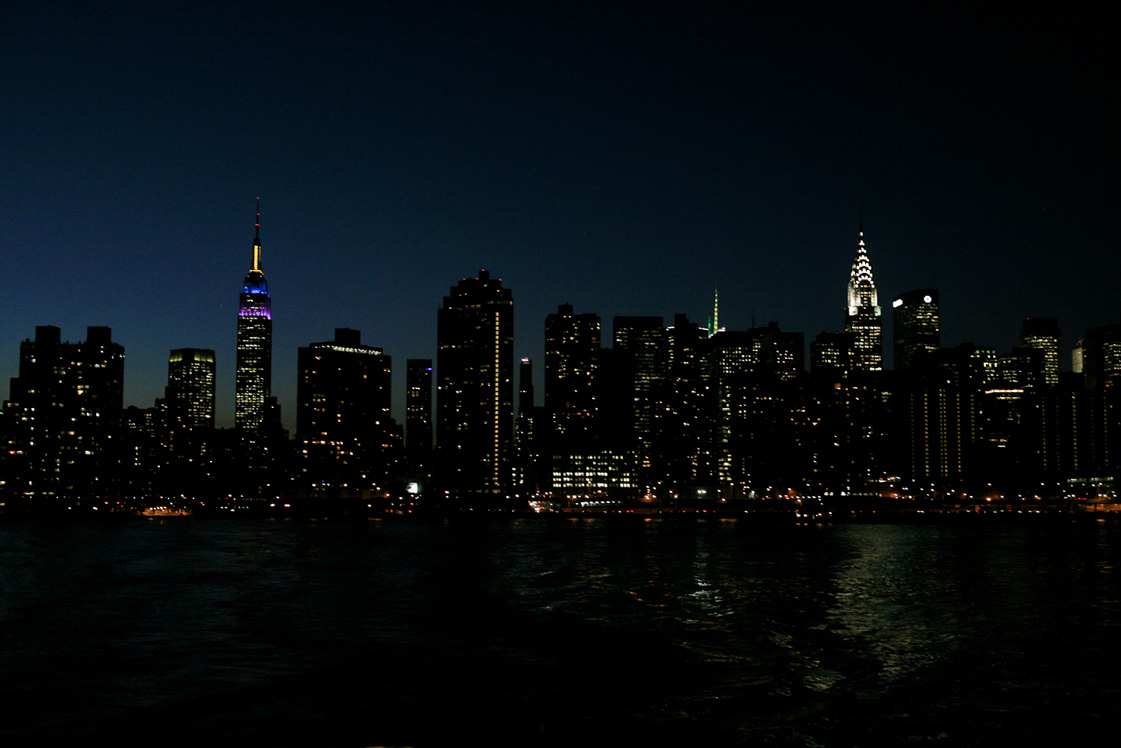
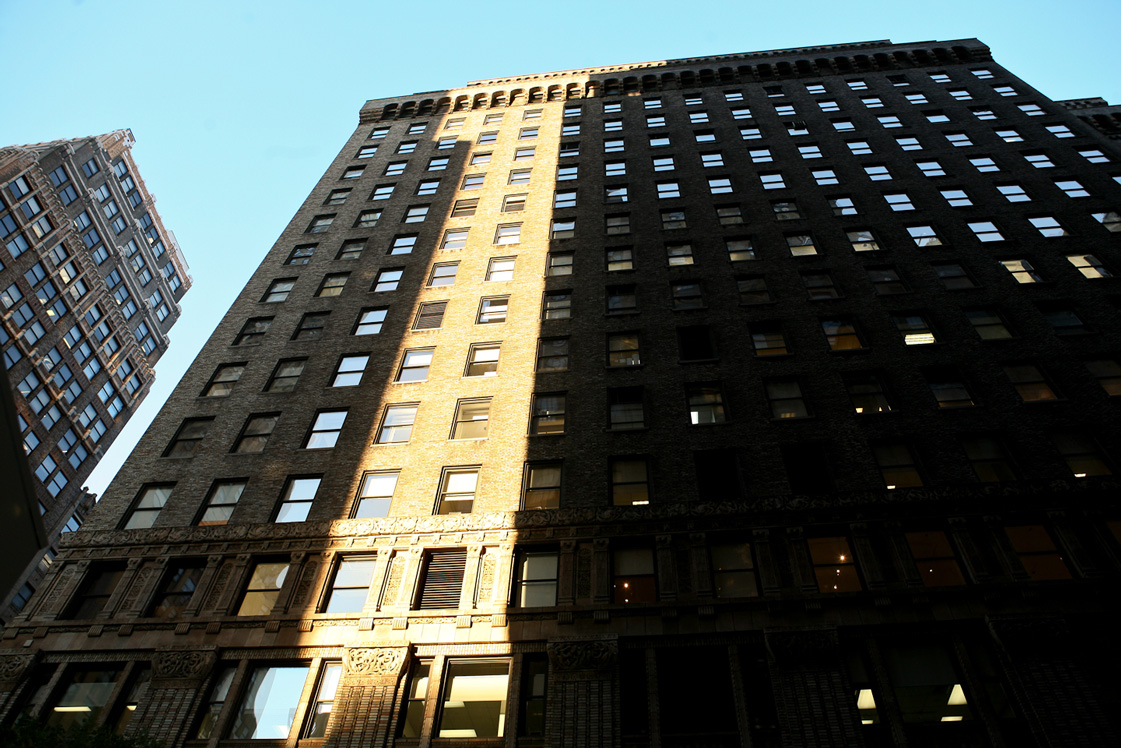
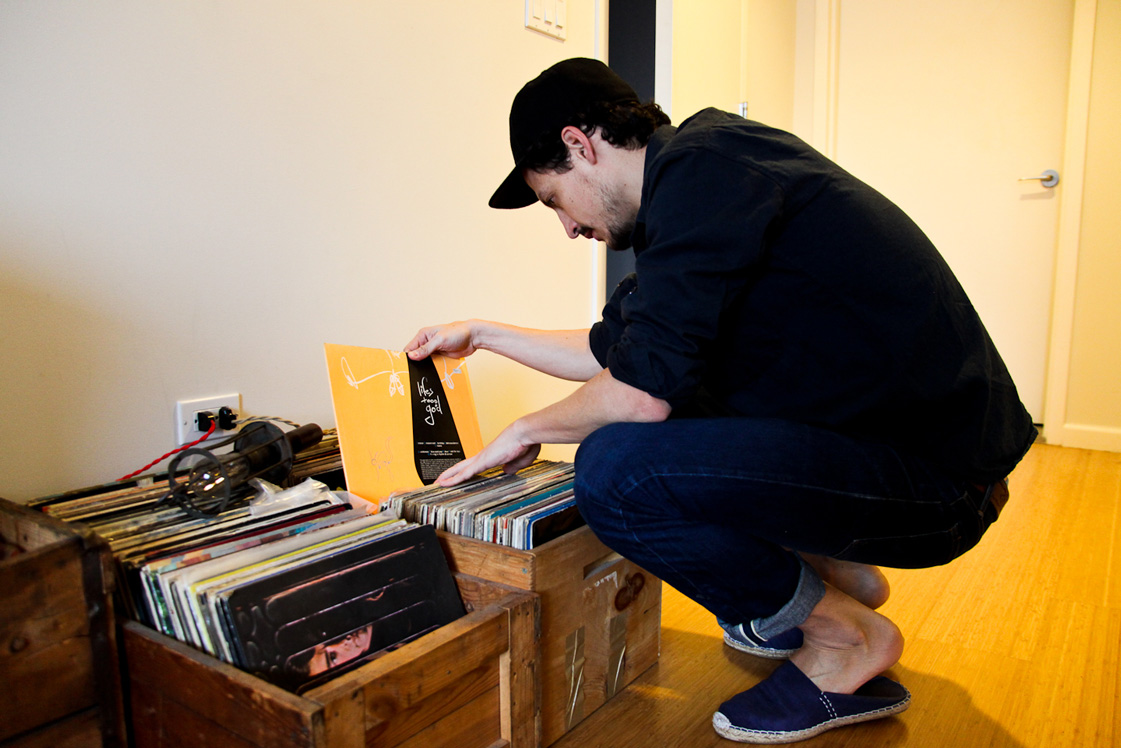
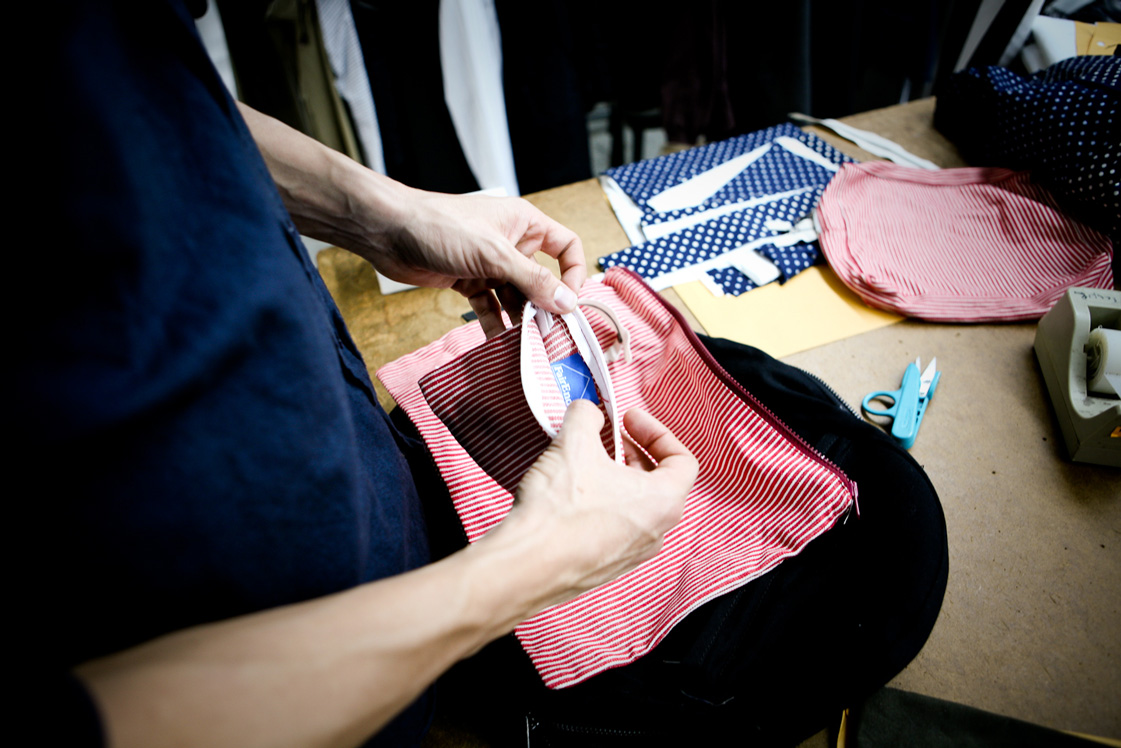
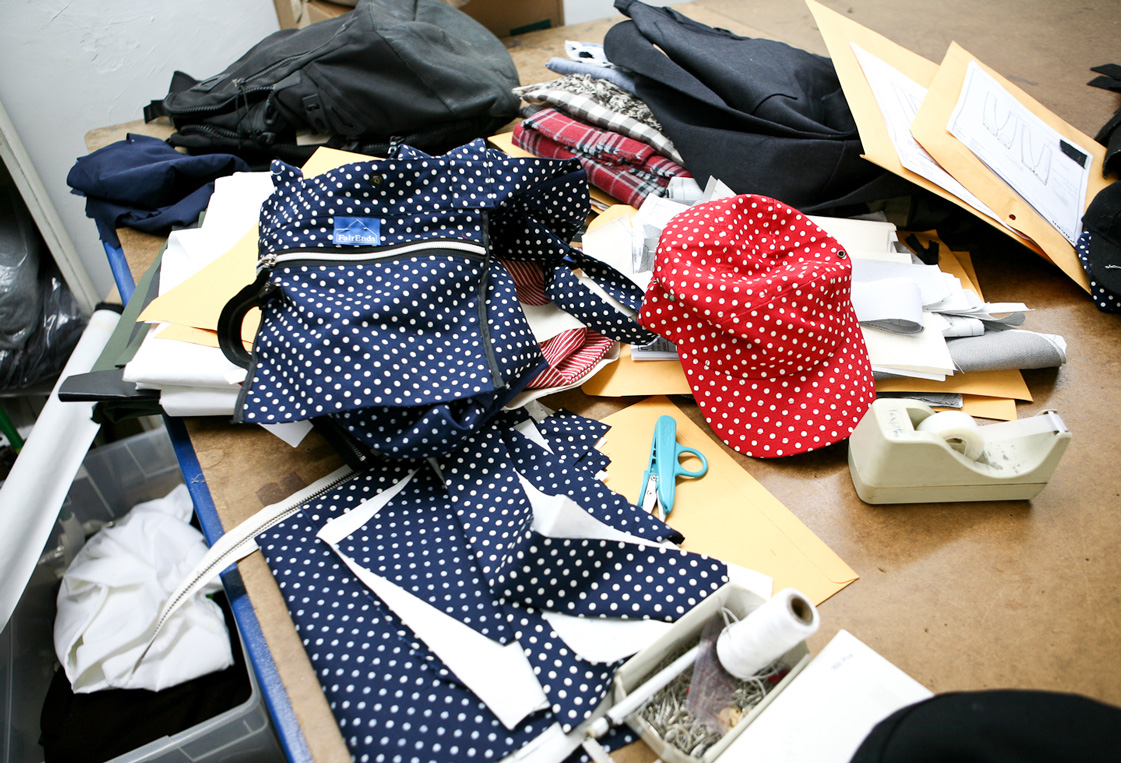
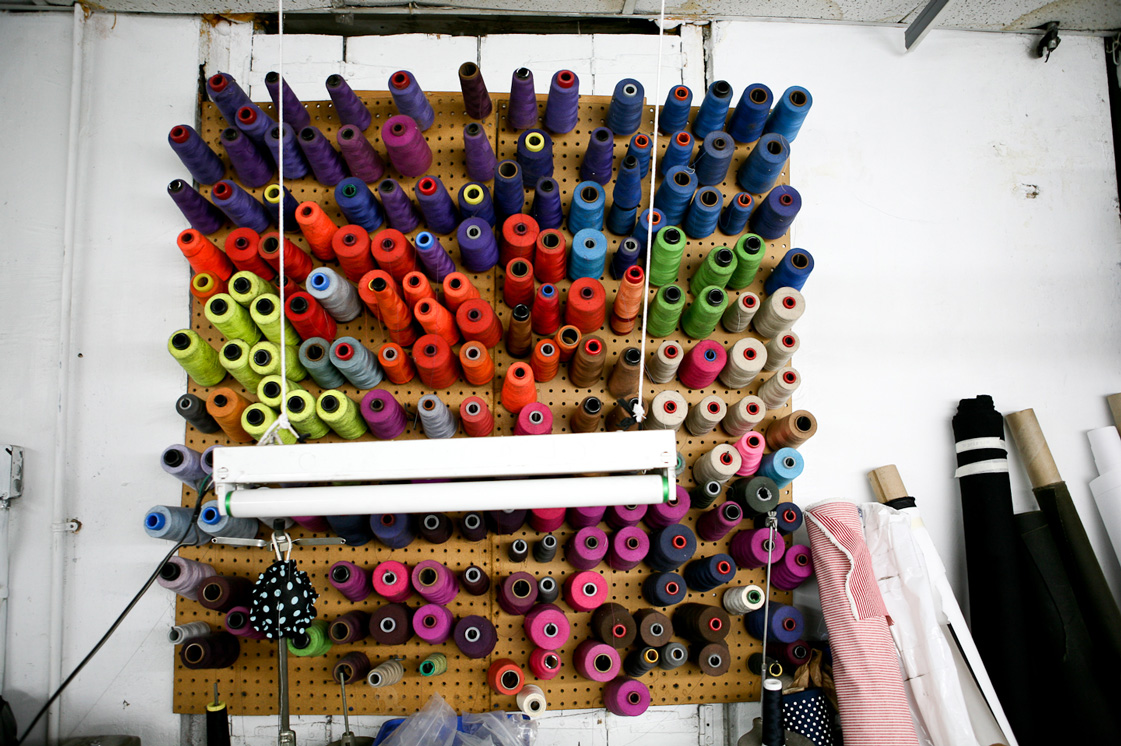
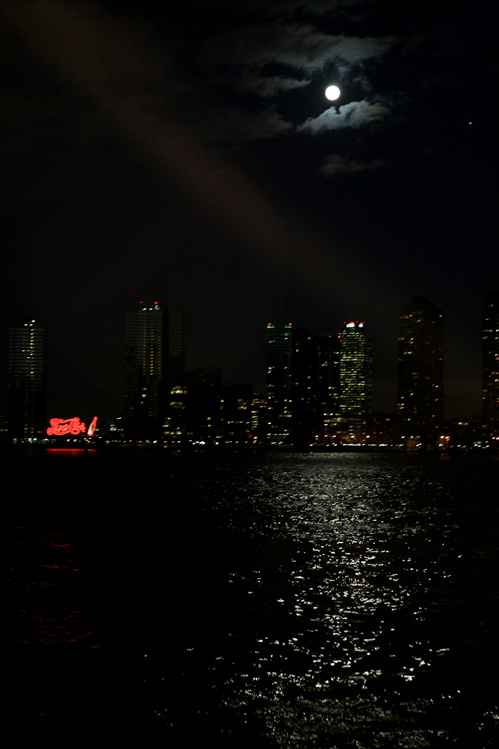
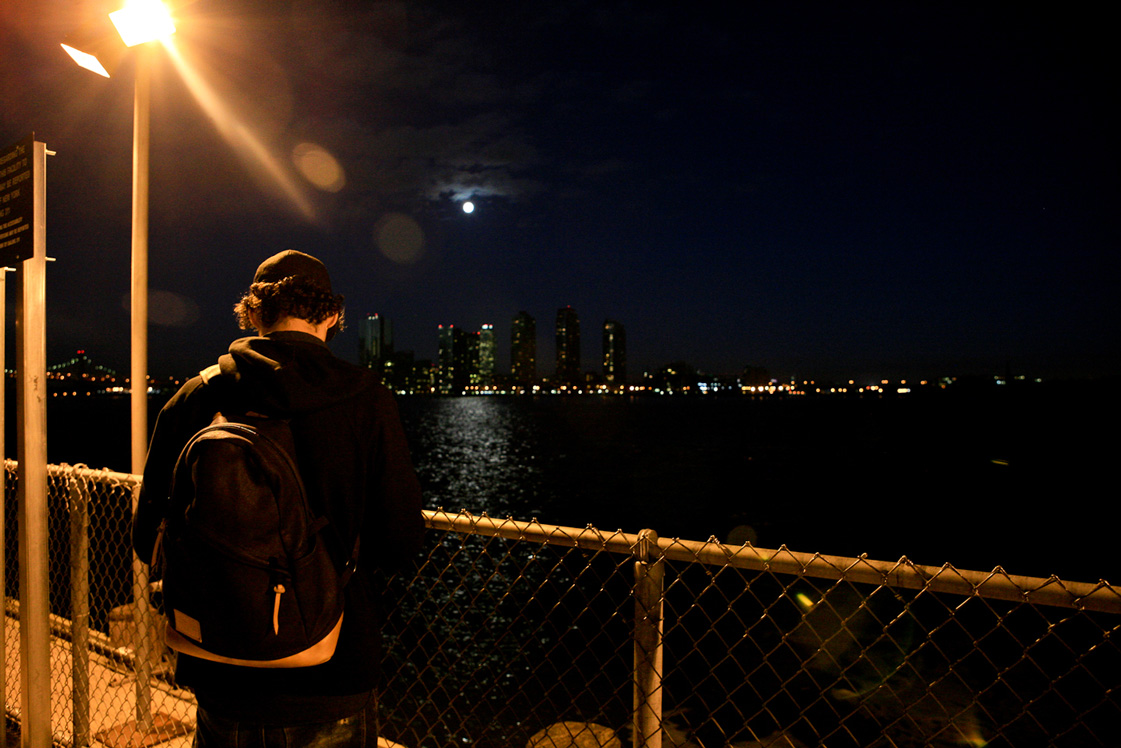
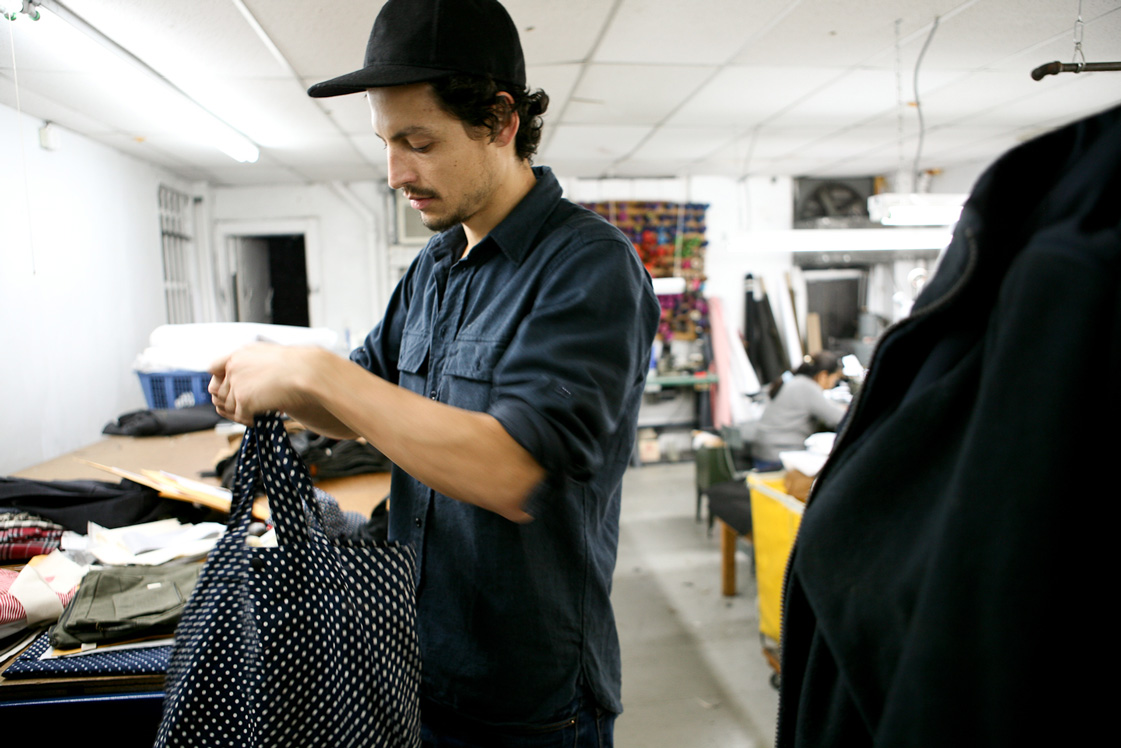
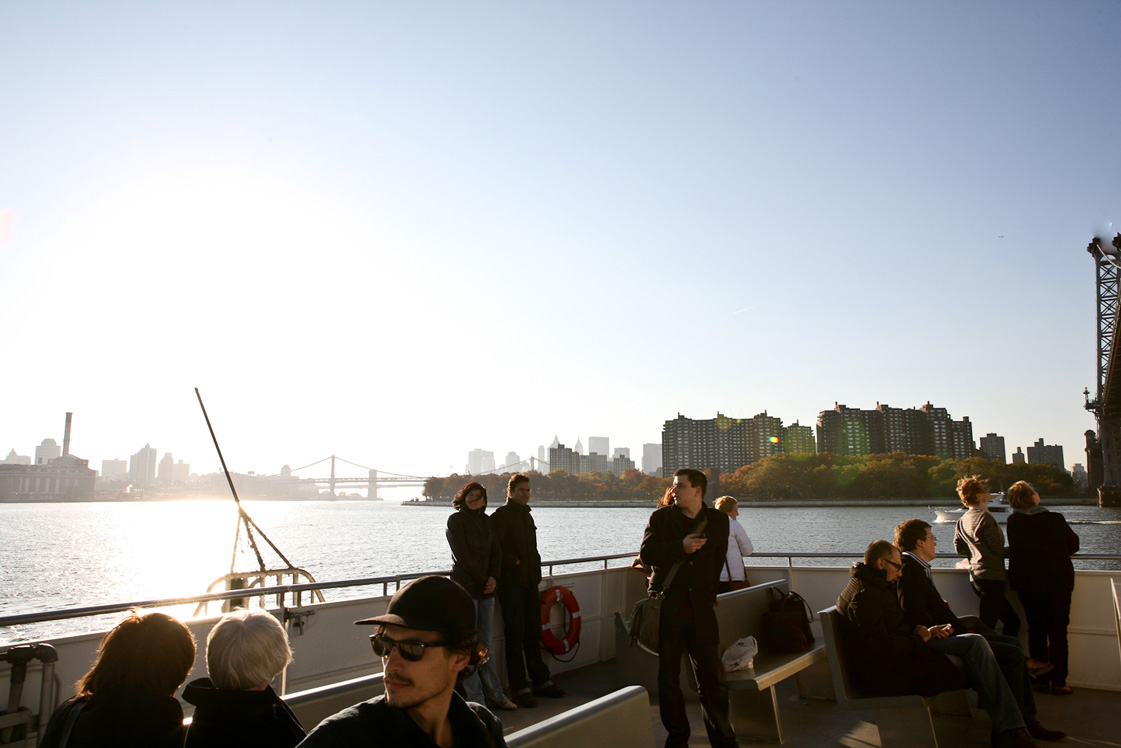
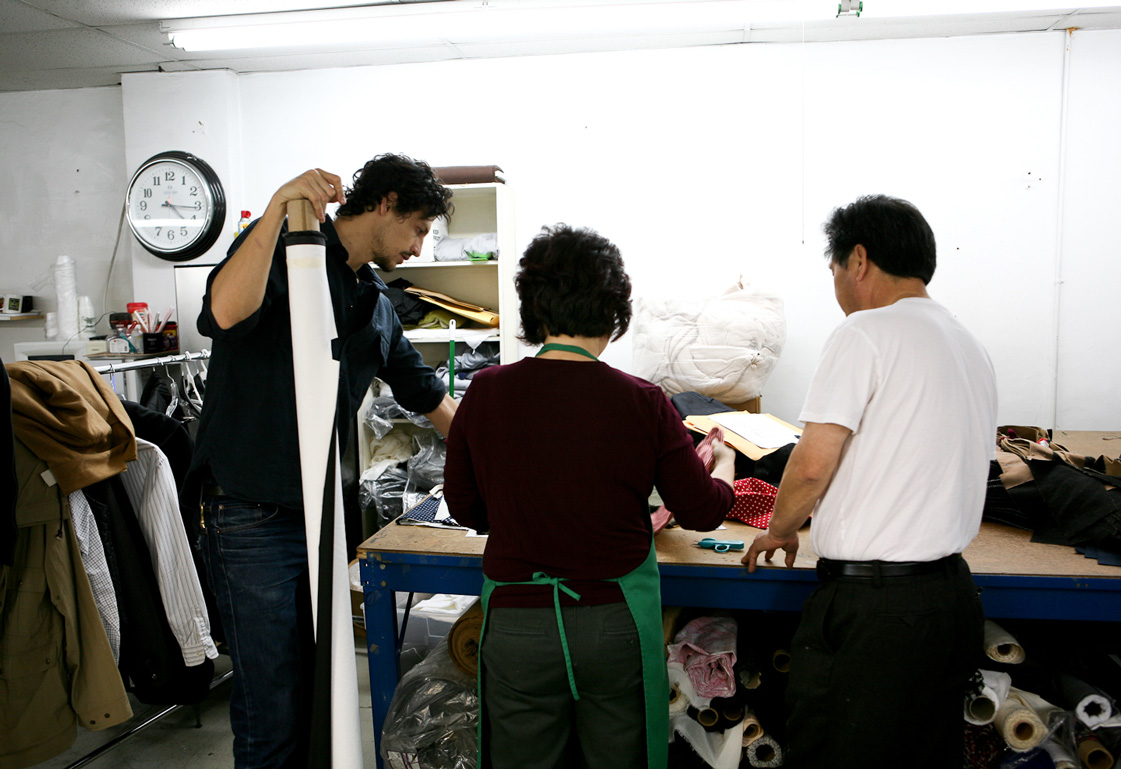
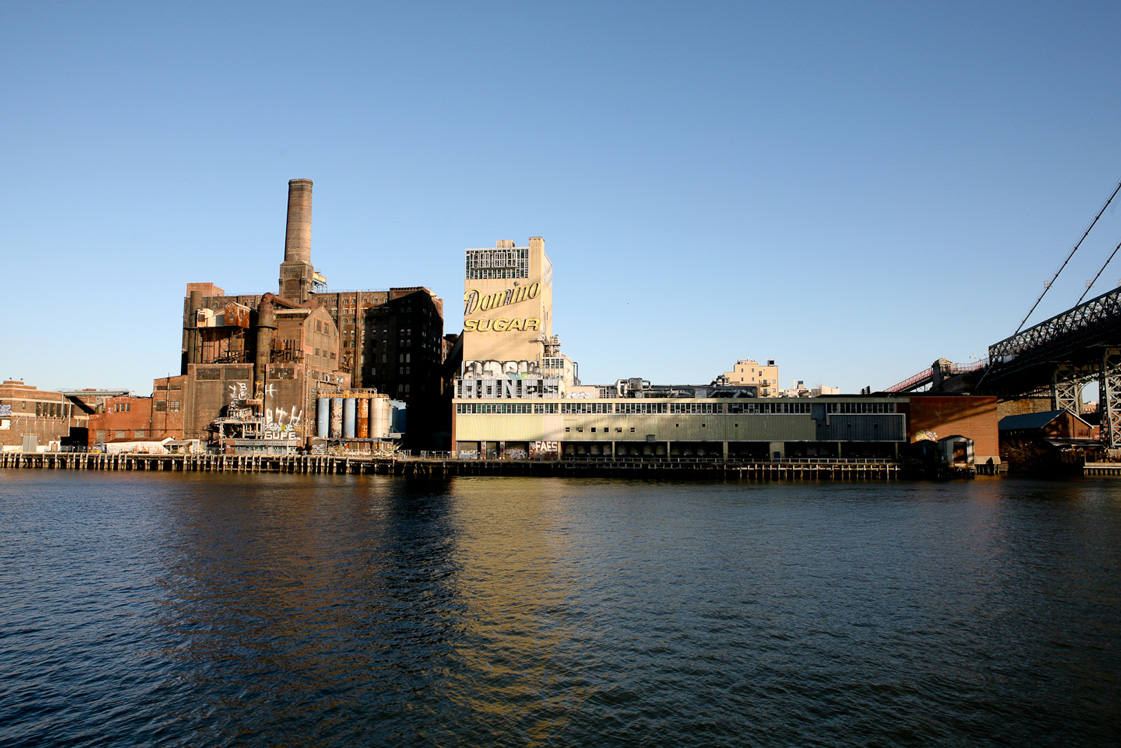
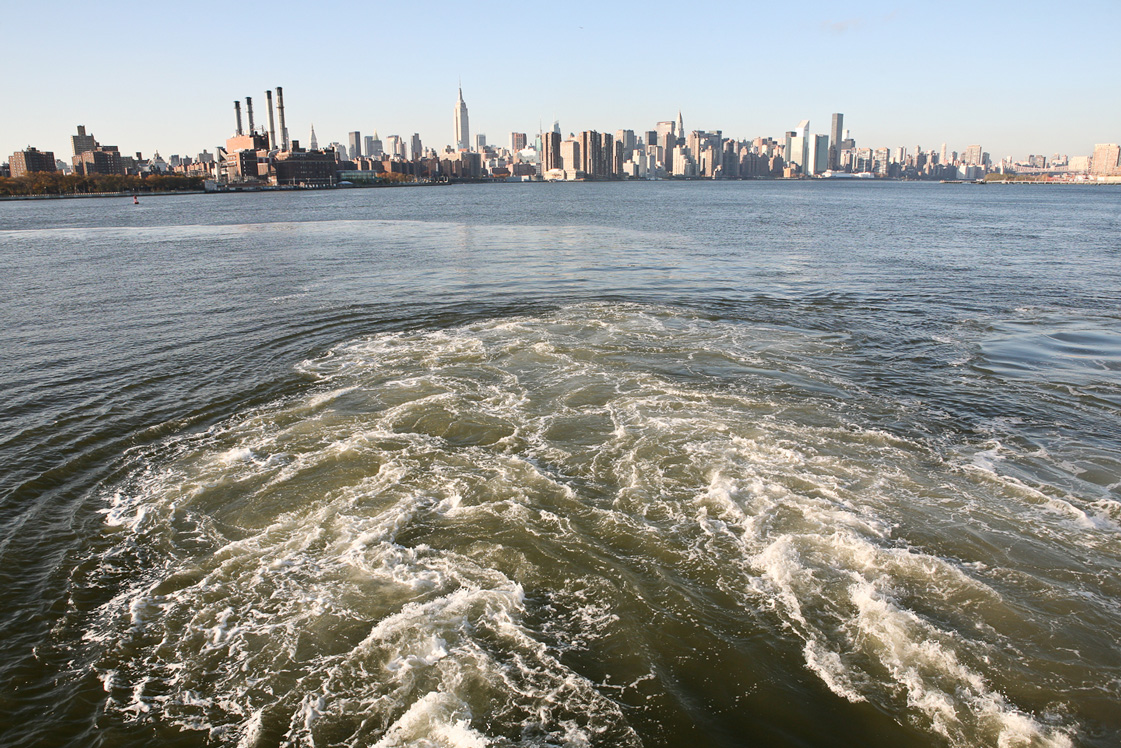
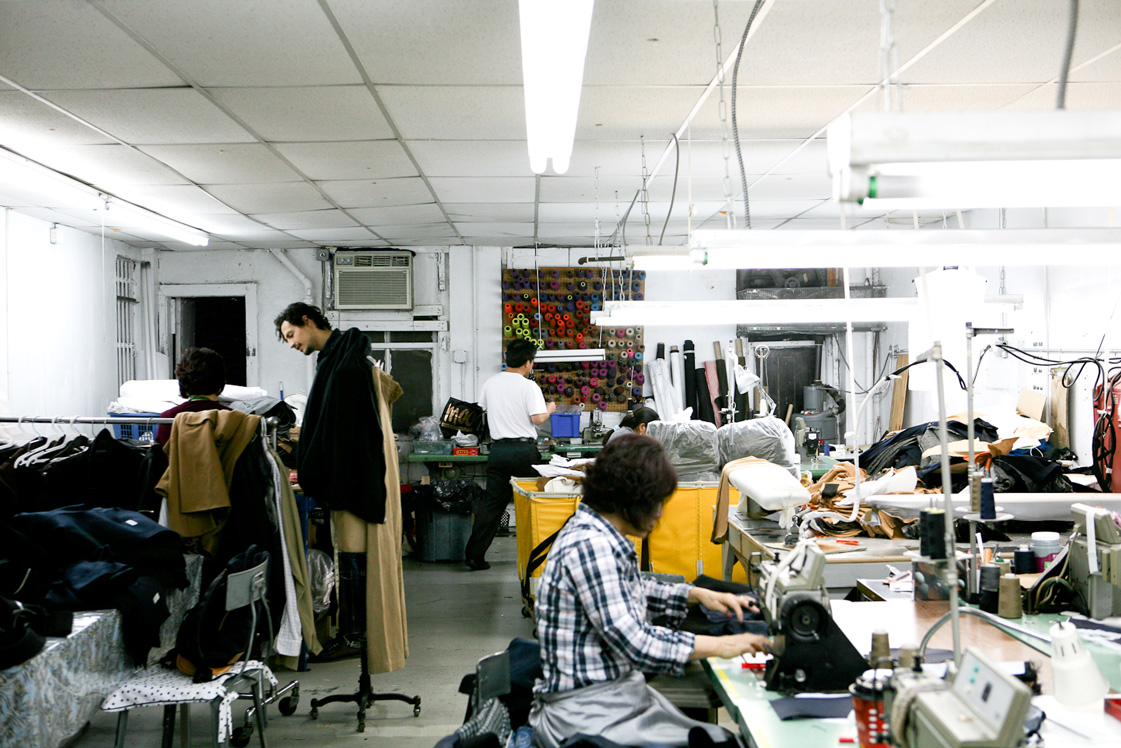
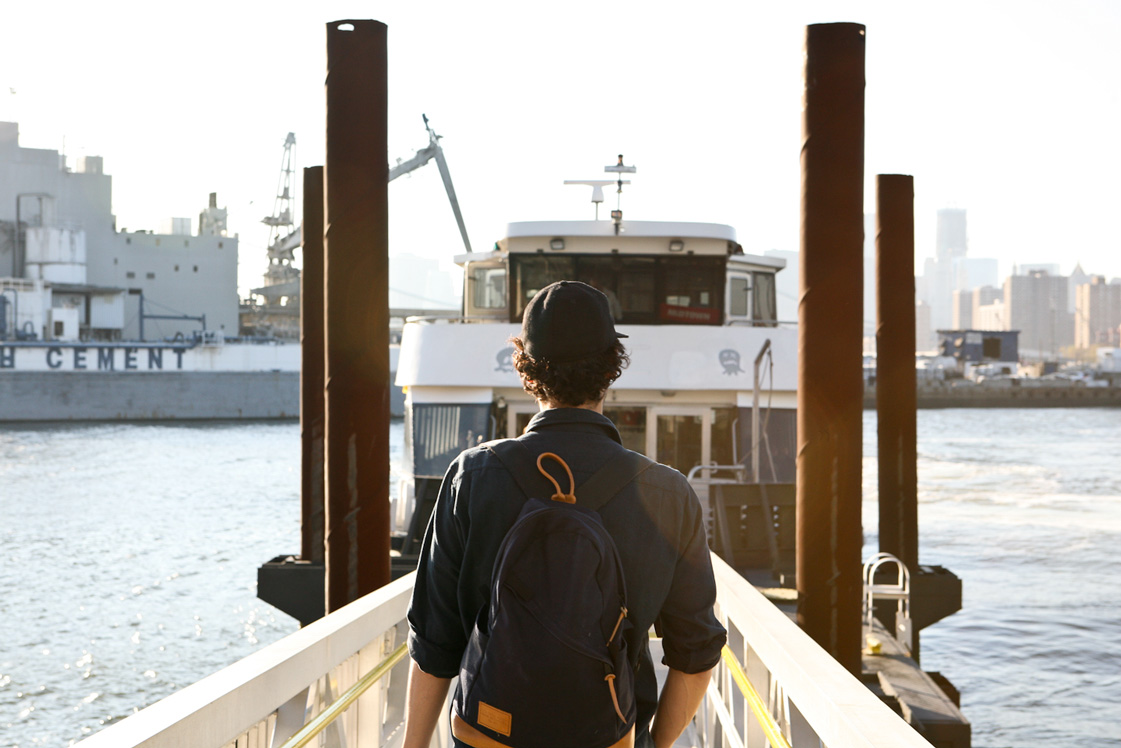
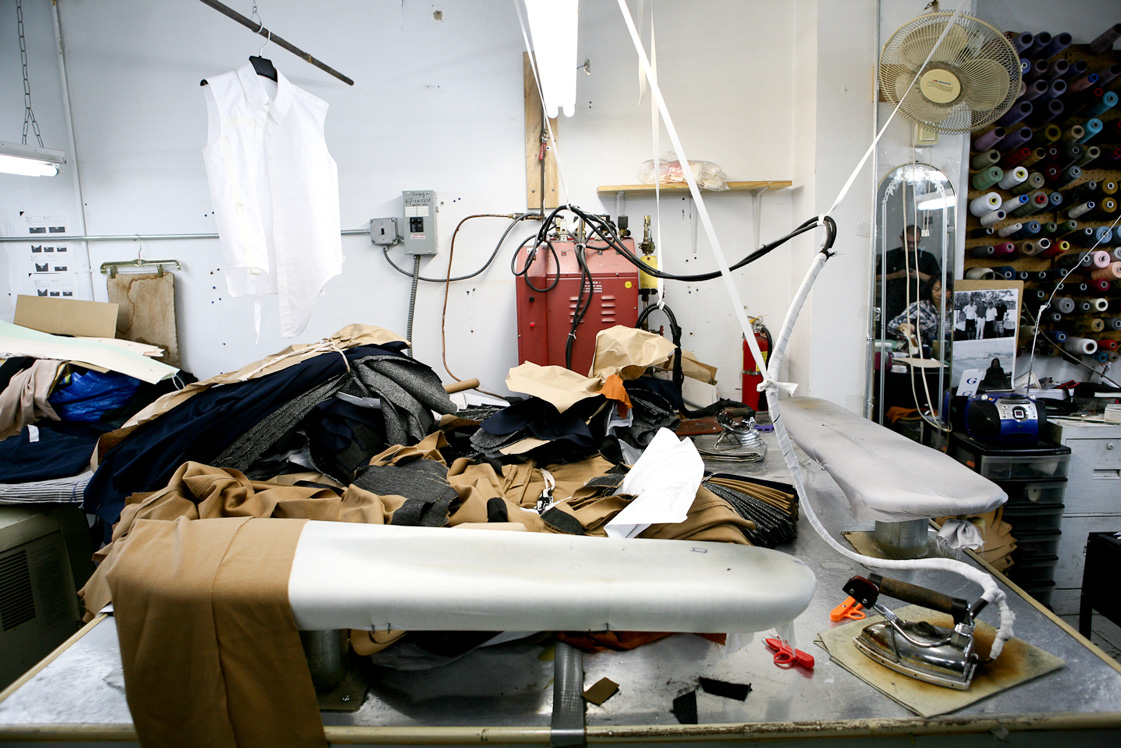
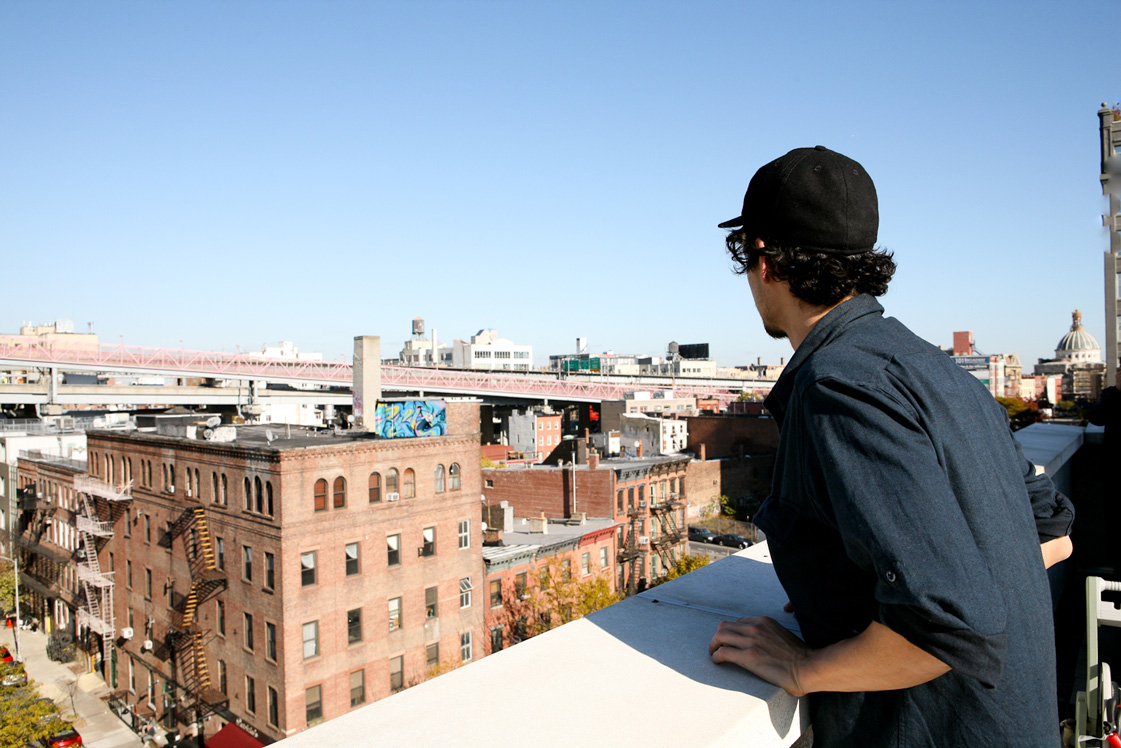
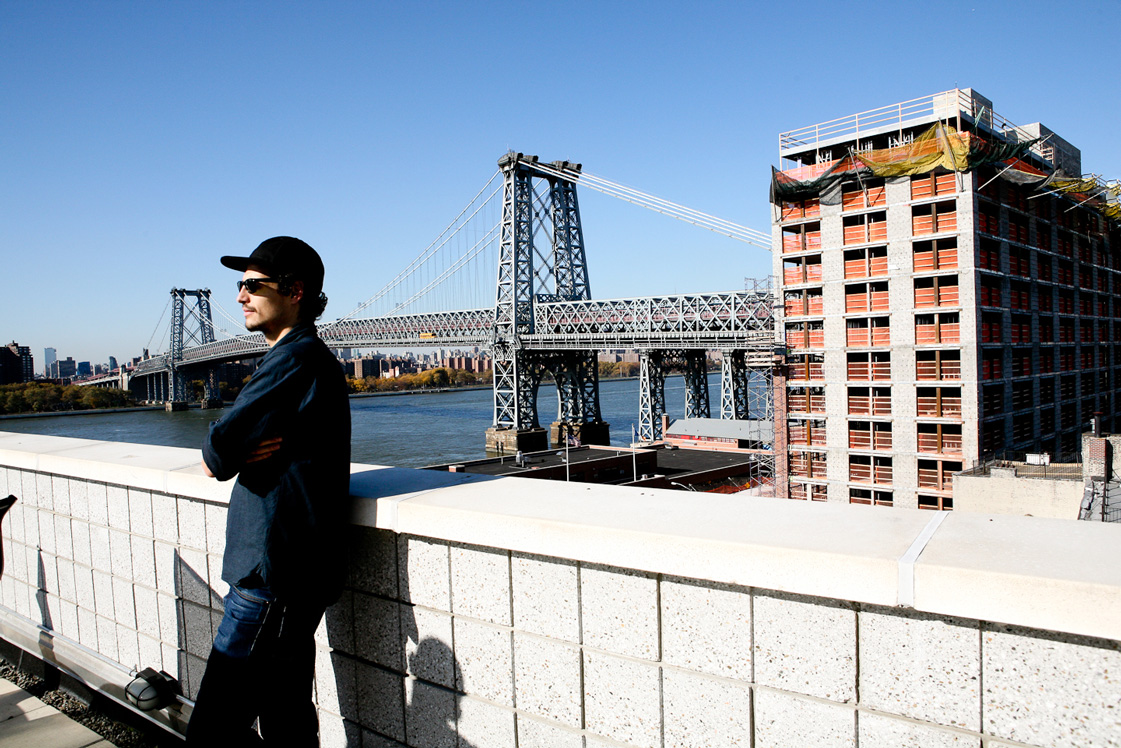
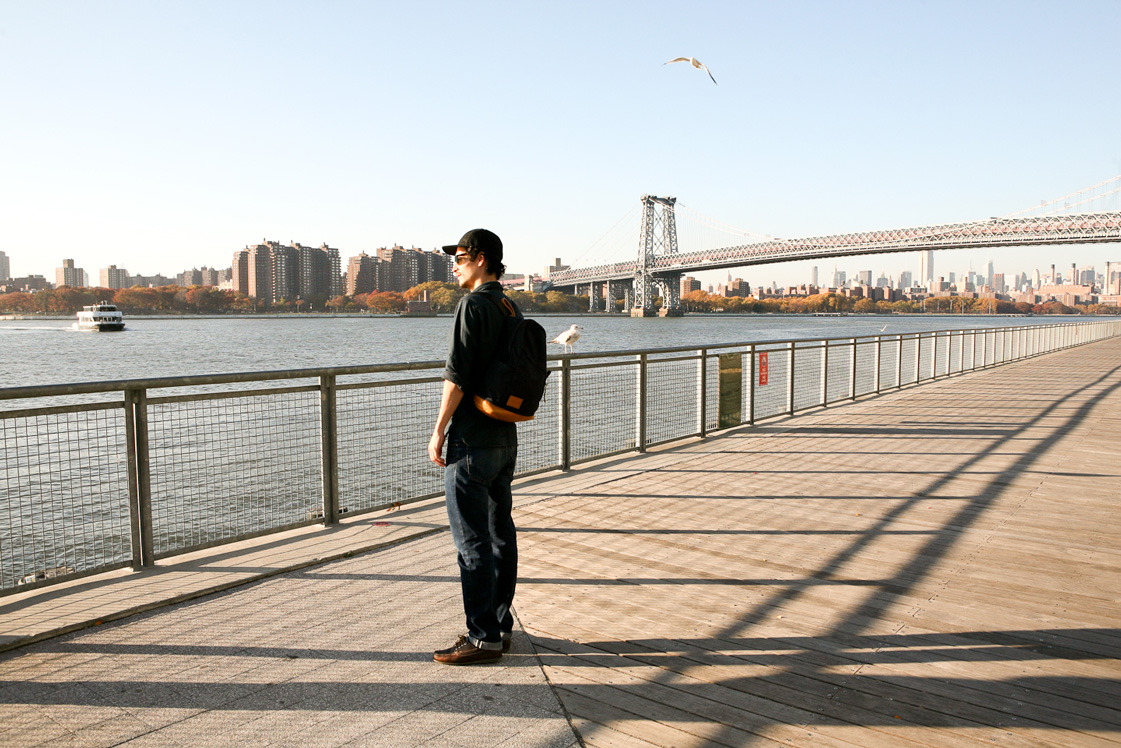
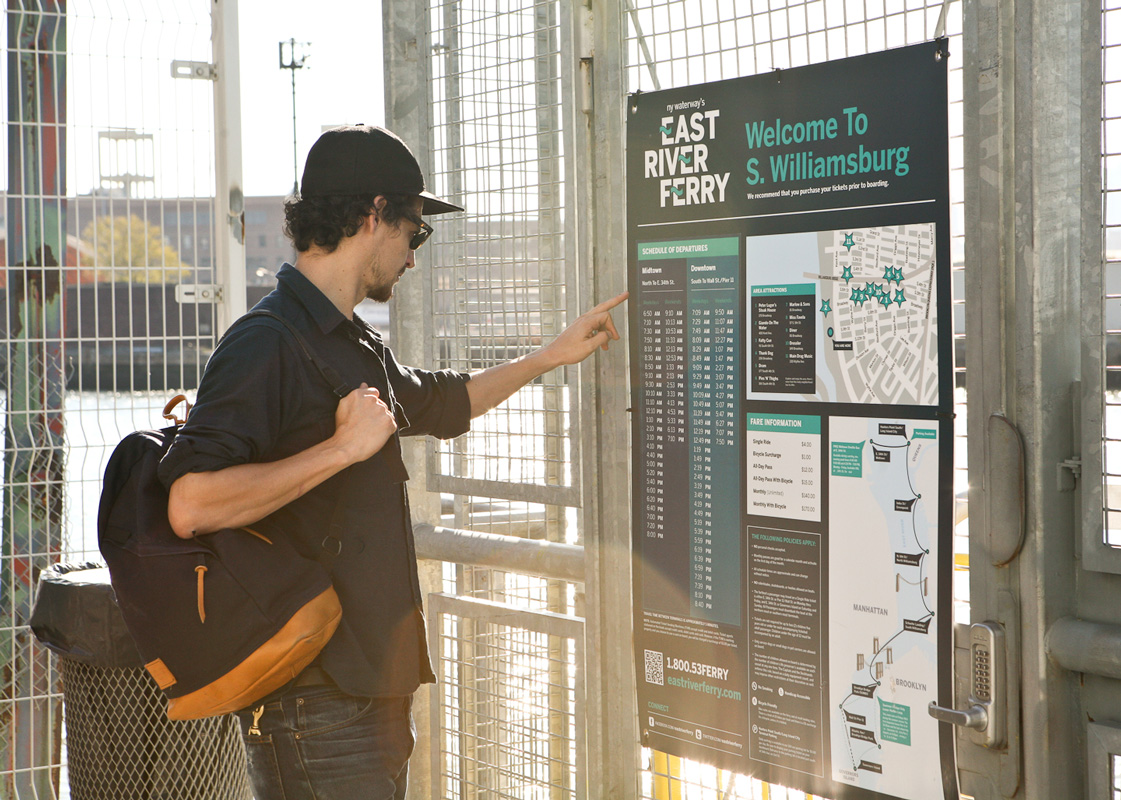

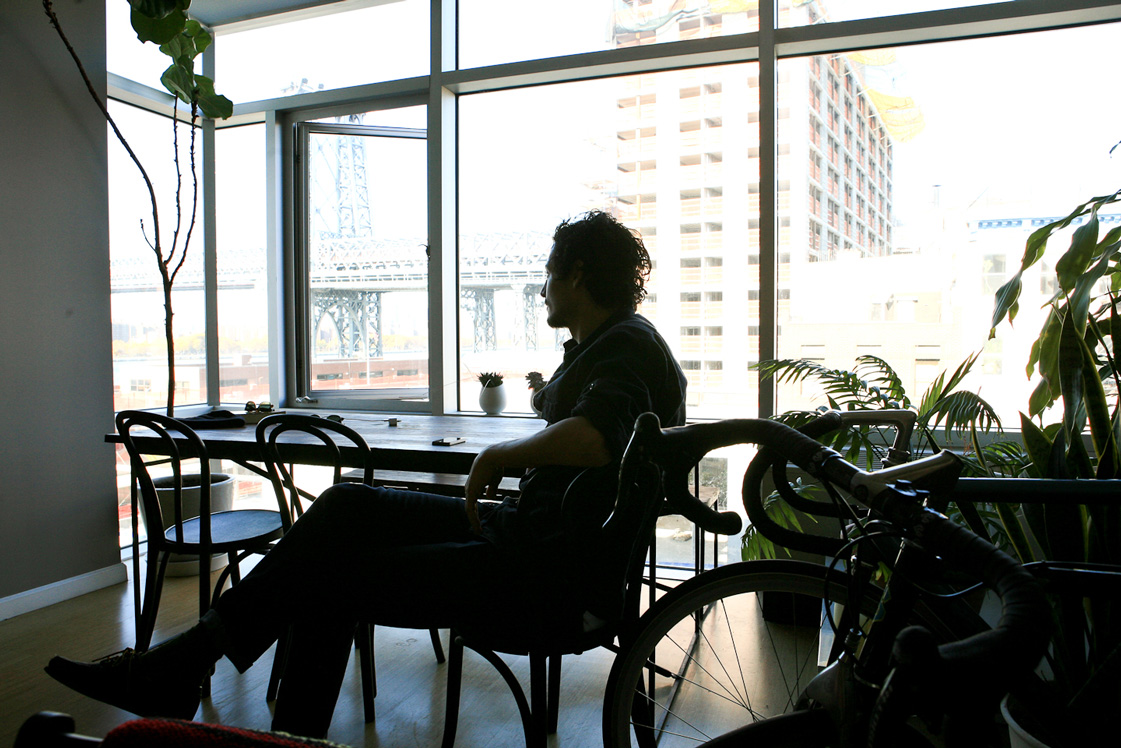
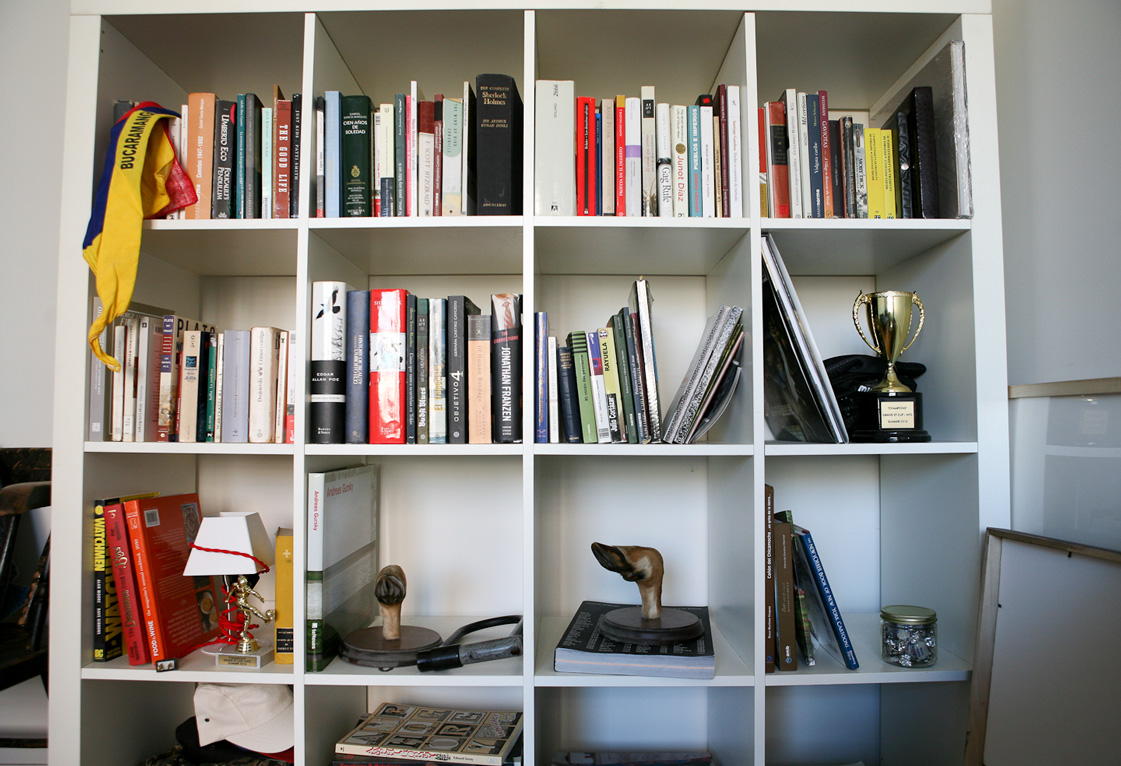
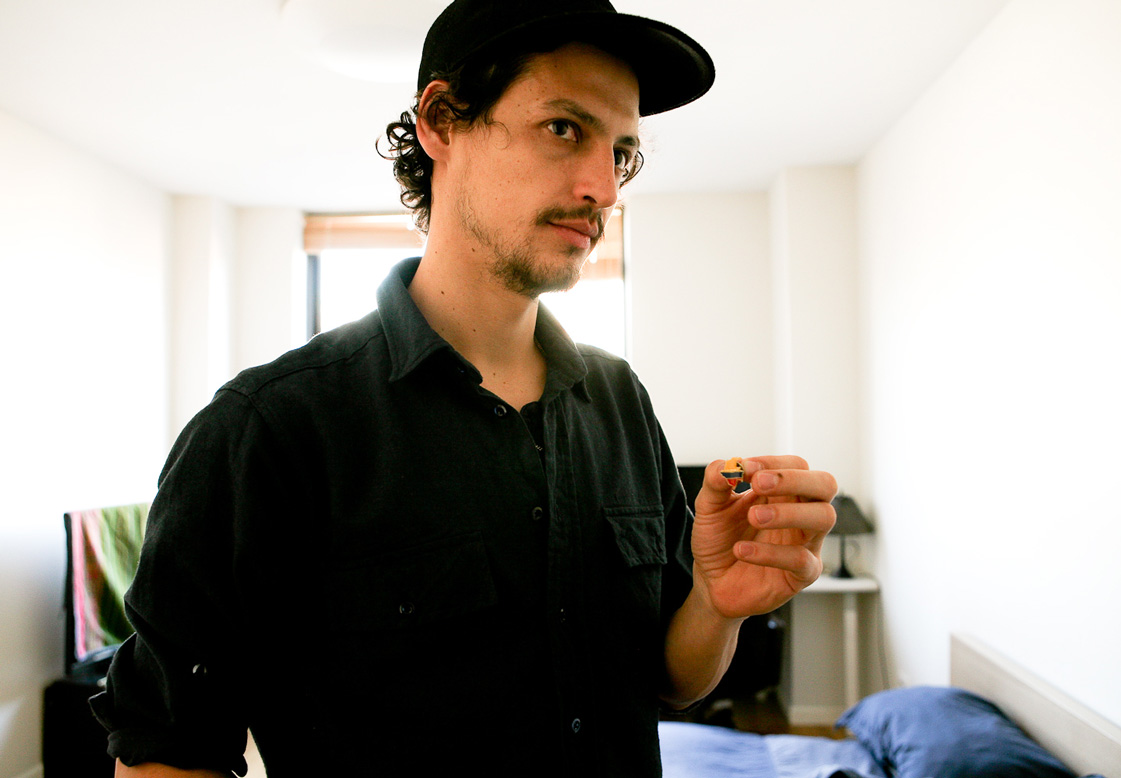
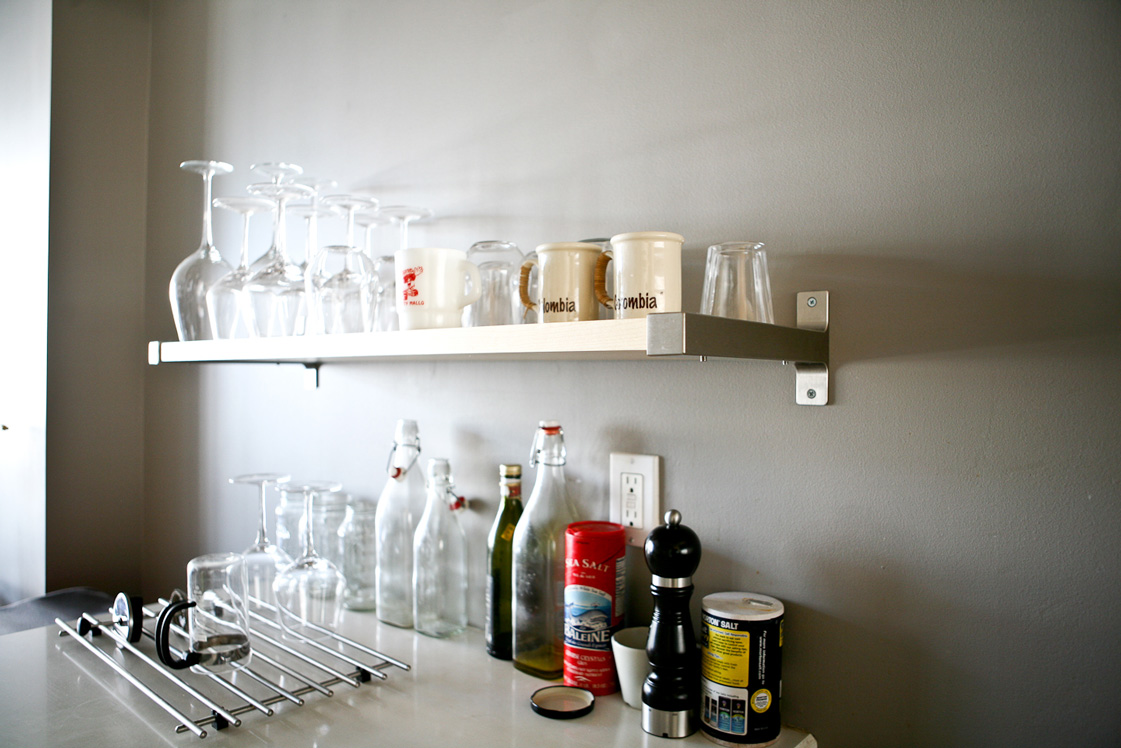
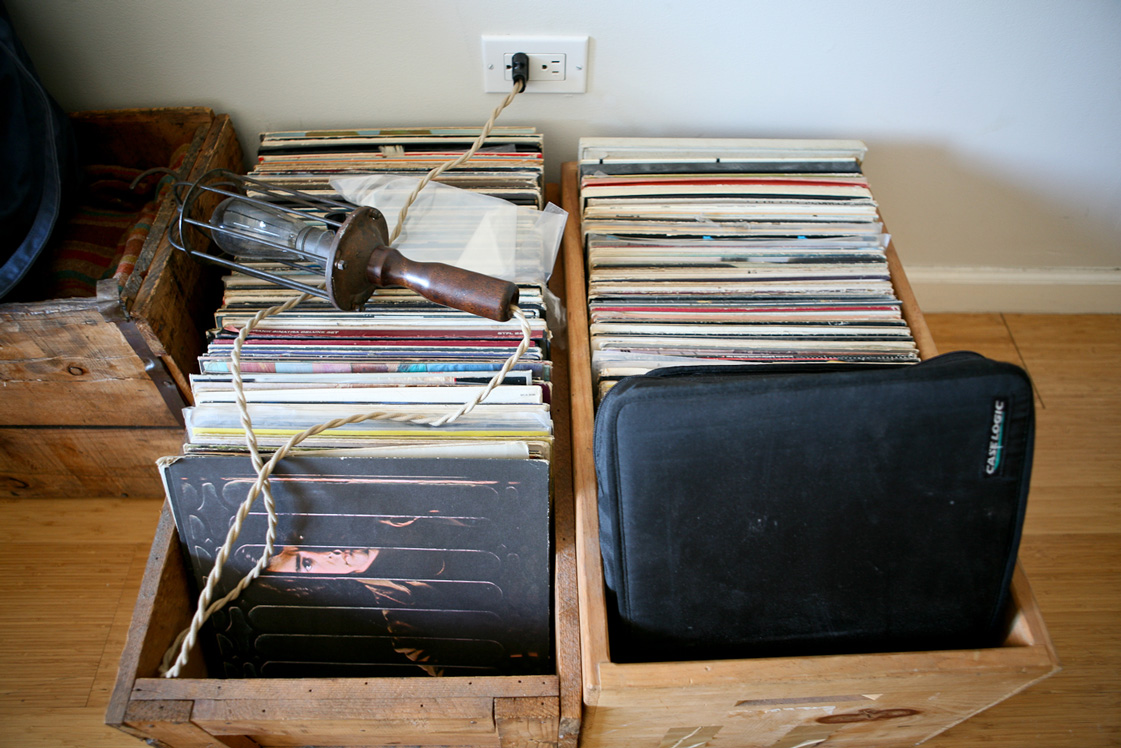
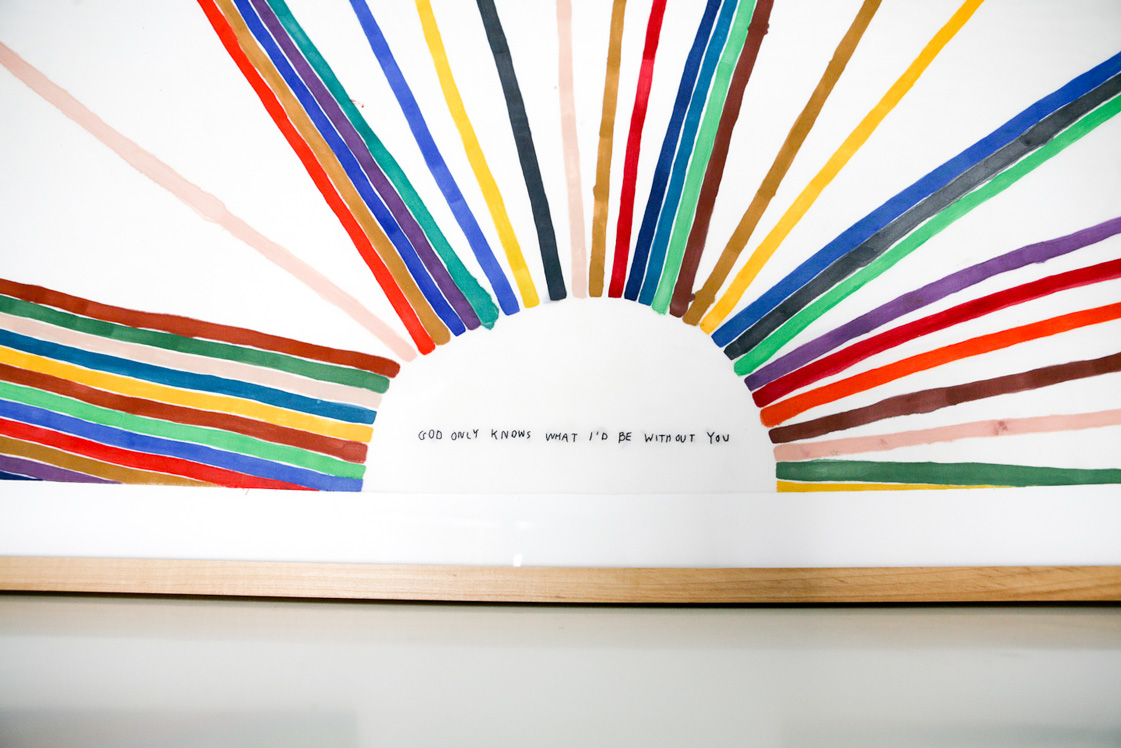
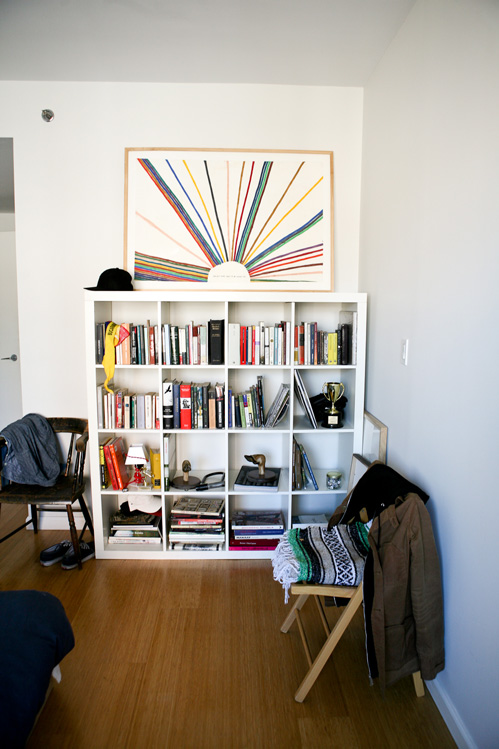
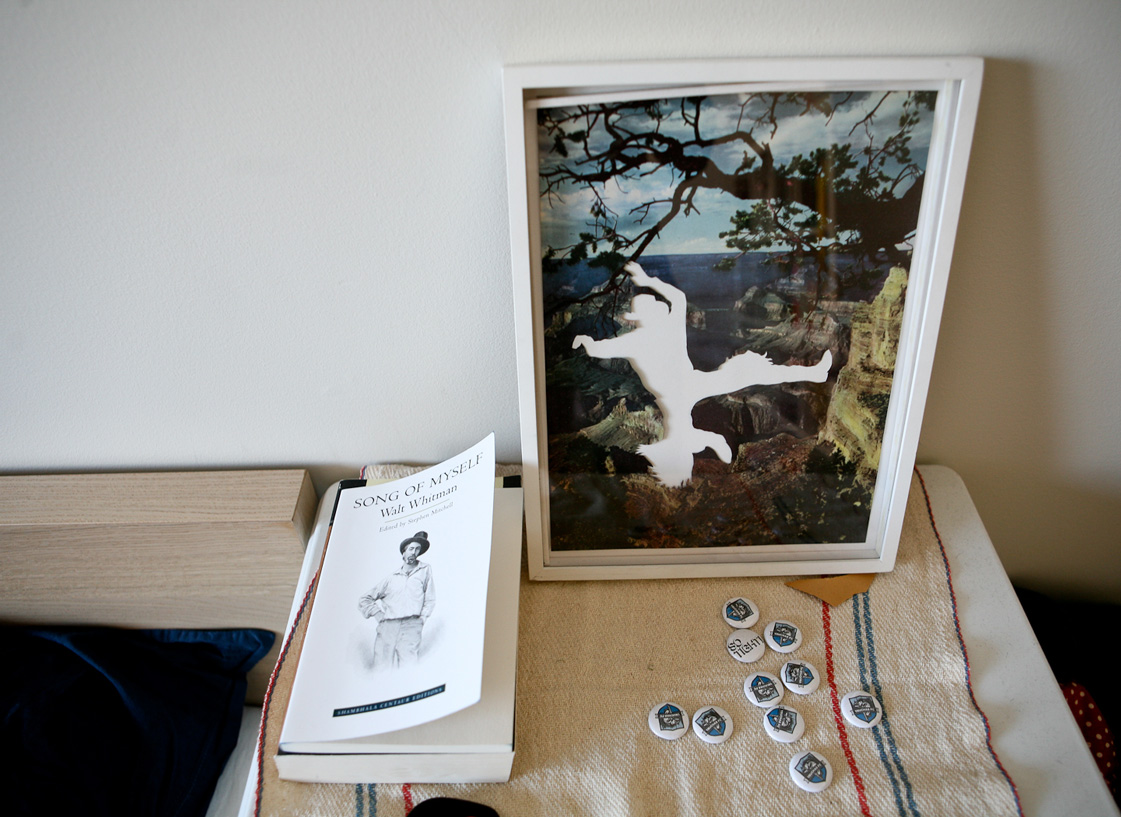
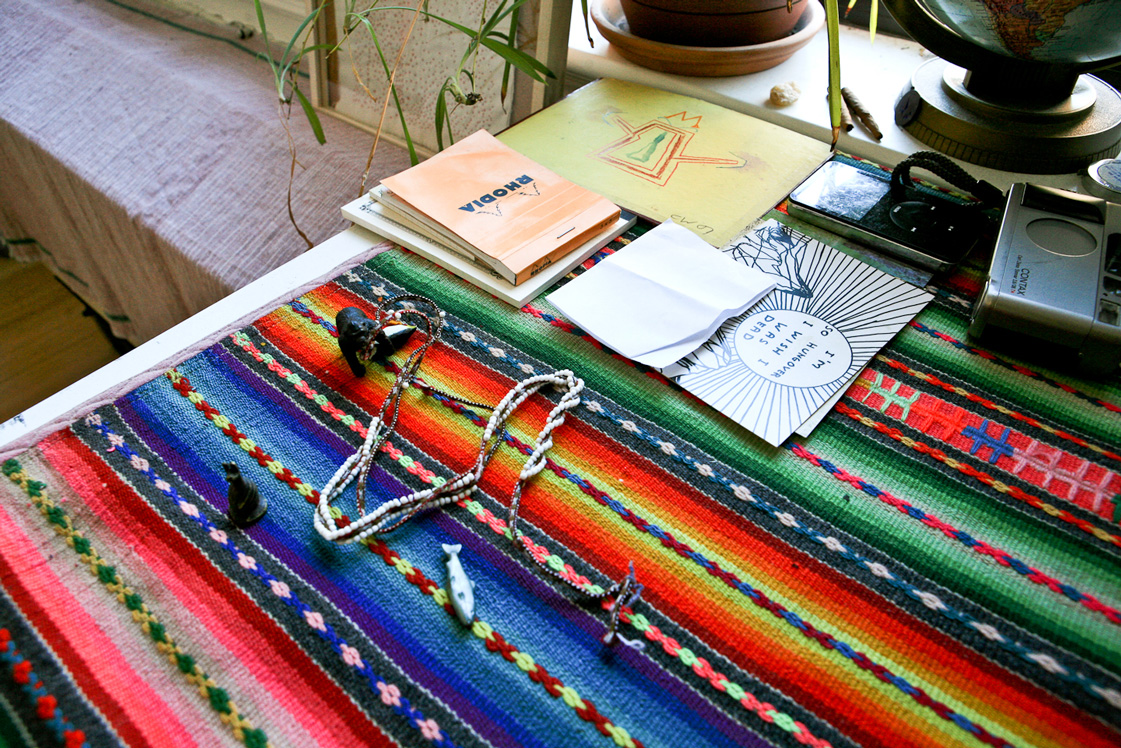
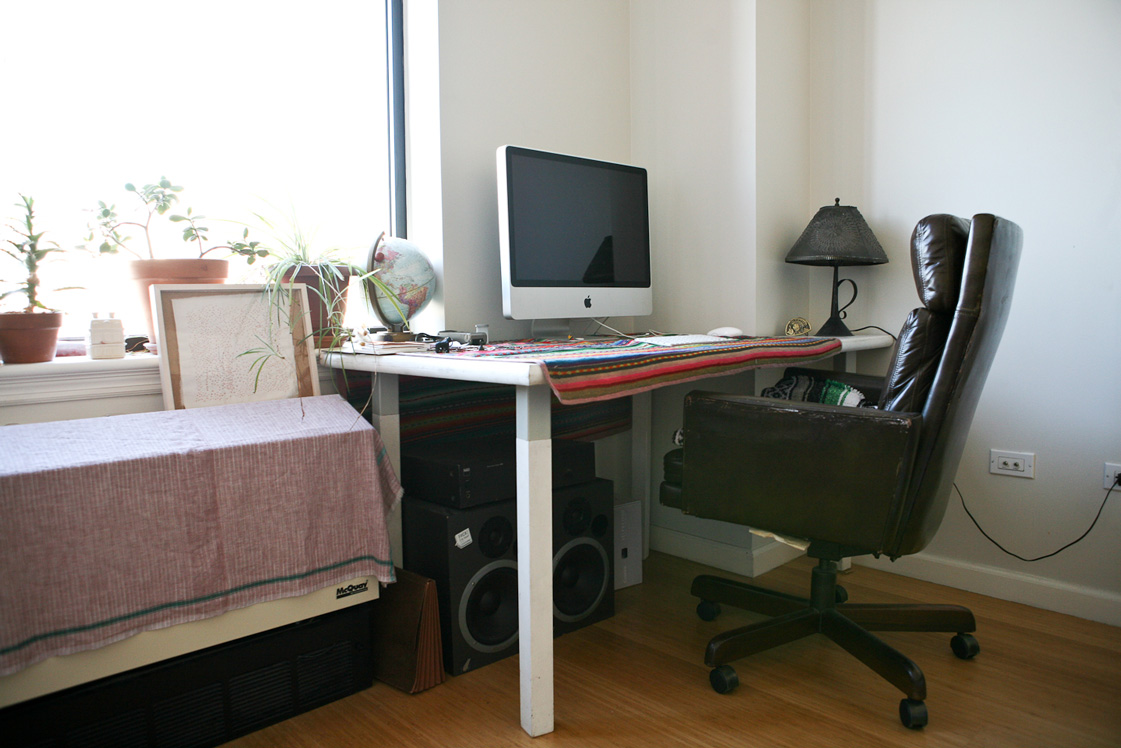
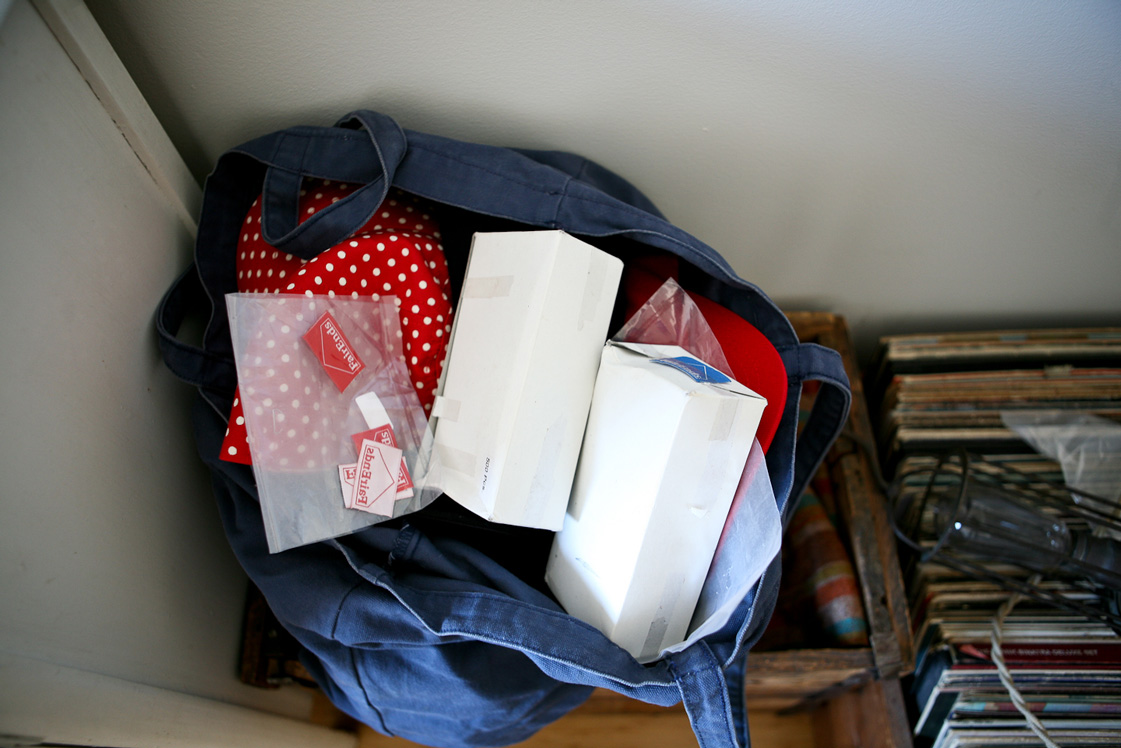
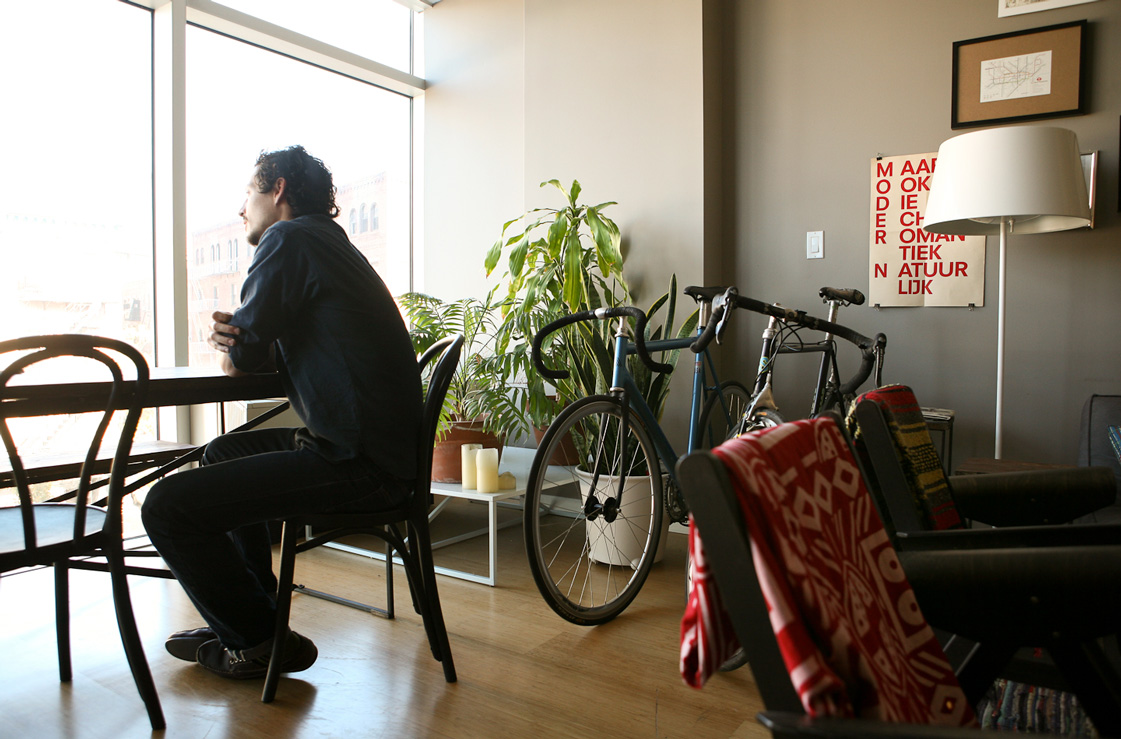
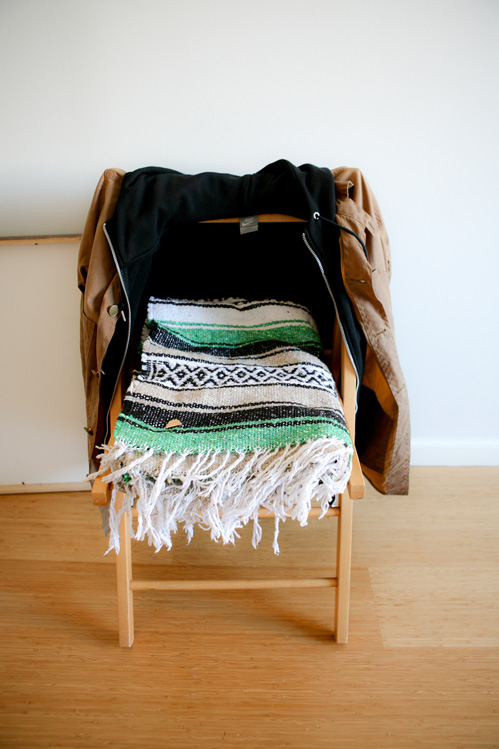
Where are you from?
I am from Bucaramanga, Colombia. When I was 16 I moved to Bogotá and with 23 I left to study in Boston. You know – growing up in Colombia, you always want to go to the States, New York, anywhere else but Colombia. So when I got my chance I took it and moved to Boston and transferred schools.
What was your major and how did you end up in New York?
First I studied Finance and International Affairs and then I switched to Business. One of my best friends moved to New York. So I used to go there every weekend and definitely liked New York better than Boston, even though I really didn’t mind Boston. The second I was done with school, I packed my things and moved to New York with $100 on my account.
Have you always lived in Williamsburg?
Always since I moved to New York, yeah.
How would you describe the reality of living in New York for young professionals? It varies of course, but how was it for you?
It‘s hard and it is really expensive. I think that’s what people will tell you. I remember living with two of my best friends in an apartment and I thought we were really lucky with our set up. But now if I look back, it was kind of a shit hole. I remember the times where the option of calling a cab didn’t exist. It could be 4 a.m. in Manhattan, exhausted after partying, half drunk and I would not even think of jumping in a cab, because of my tight budget. Good times. (laughs)
Do you miss anything about your home country Colombia?
Yes I do. Family, friends, food, weather- I mean, the list is long. There is a family cattle ranch, I love that place. Horses and cows and dogs. There is even a special donkey called Chiguiro.
If you have visitors what are your favorite spots to show them in New York? Especially those who visit for the first time…
Depends on the visit. Freemans is a no brainer, but any good ethnic place works for dinners and stuff. I refuse to do the tourist guide thing at this point so food and drinks are what I focus on as a host.
Could you imagine living somewhere else? If yes, where would that be?
I could live somewhere else. I feel some day I’ll end up in Bucaramanga, maybe sooner than later. Perfect weather, great friends and the ranch is 3 hours away. I could also live in México, Argentina, in Montana or maybe Europe- I’m pretty flexible.
How did you end up working in the fashion industry?
My girlfriend at that time had a friend working at Unis as a sales person and that’s how it all started. I had never worked in a clothing place before. But during that time I would have taken any job, and in the beginning I kept saying to myself ”this is not going to be my permanent job, I will find eventually a ‘real’ job.“
Has fashion become part of your personal lifestyle or is it still just a job?
It definitely became important to me. I’ve met so many different people, not only fashion people. It gave me an access to New York in a special sort of way. Sometimes I think about close friends from Colombia and tend to compare our lives now. I realize that none of them are doing the things that I’m doing or connecting with the type of people I am meeting. My life has become very different. I’d say it is still just a job but it became an important part of my life.
When we met you were working at Freemans Sporting Club. Was that your next stop after Unis?
No, after two years working for Unis I ended up at Stella McCartney which was something new and completely different. I didn’t really like working there, but again, I always see something positive in each place I have worked – in this case, the friends I met during that time really widened my interaction with the city. After my time at Stella I left to take a break and went to South America for three months.
When I returned I was obviously in need of a job. I remember saying „I don’t want to work in fashion anymore“, but everybody I knew worked in related fields and my experience was in that very field. It then happened that a friend mentioned to me that Freemans Sporting Club, which is a clothing brand, was in need of a production manager.
Did you have any experience in that field?
I never worked in production. I just knew a little bit about what the term production really meant. I just went for it and called Taavo, the owner of FSC, up. In fact, I heard only good things about him and so I just called him. We met and I confessed that I knew nothing about production but that I could figure it all out. He liked me and I liked him; he offered me the job. So there I was: a production manager for a clothing company. When I got there Taavo had this idea of moving all the production to New York and basically that’s what I had to figure out.
How long did it take you to find your way around?
The only way I pulled it off was through friends. I would call Eunice from Unis everyday and ask her about terms I didn’t understand. On my first day I was told to go to Mood Fabrics, which is this famous place to get retail fabrics, and get some swatches. I had no idea what they meant by swatches – that’s how lost I was.
Were you thinking of those Swiss watches?
Exactly, swatches are samples of fabric and I didn’t know what that meant but I just pretended and said something like “sure, sure I will be back in a bit“, googled Mood Fabrics and asked around. Back in those days (2007) there were not a lot of people who manufactured in New York. So when I connected with all the vendors they got very excited to have somebody trying to manufacture locally with a friendly attitude.
So you and Taavo grew close when figuring out the direction of F.S.C.?
He comes up with all the concepts and ideas, it’s impressive how easy it is for him. In the beginning it was weird because I had never worked with him before and I assumed that this guy was going to guide me and provide me with a structure. But that was not the case. The experience working with him was fun, interesting and challenging.
Would you say Taavo was a mentor to you?
Yeah, and now he’s also one of my best friends. I just like seeing what he does and how. He just does stuff. I think that’s the biggest thing. I know a lot of people, including myself, who find it really hard to take an idea and transform it into an actual reality. I think if Taavo showed me anything it‘s to just get up and do something.
Were you able to be creative?
Yes! For example when we got our first delivery of shirts, I remember everything being wrong. Immediately I thought I had really fucked it up. After looking at the samples, we realized that somewhere in the process a mistake occurred in one of the plants. So I needed to come up with some sort of a creative solution, like “let’s open the sides and let’s close it down three inches” – in the end we sold out all the shirts. We produced clothing to shoes to bicycles- the range was really broad and the process of design and production was very integrated.
Cool.
That‘s a kind of problem solving we were confronted with all the time. A very hands-on process, which was great.
What are you doing now?
I left after four years. The company changed with time obviously. We grew, opened another store, started our online business and so on. Even if the job was still fun, it became repetitive to me. One day a friend offered me to come and open up a place for Nike Stadium with him. So I’m now working at Nike and also have a small company called FairEnds, that I started with a good friend of mine, Ben Ferencz, who lives in Montana. We make accessories – mostly hats and baseball caps, backpacks, tote-bags etc. I want this company to represent what I mentioned before, the friendships that I’ve made through work over the years and the cool things that come with it.
Check out FairEnds website for their products or follow Martin and Ben on their FairEnds twitter account.
Photo: Grace Villamil
Interview: Oliver Kann
